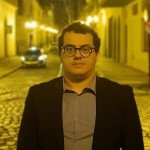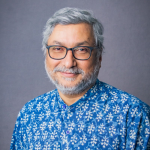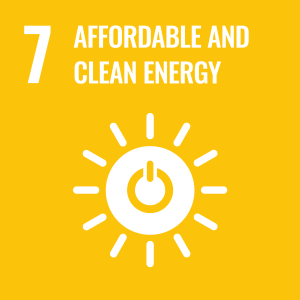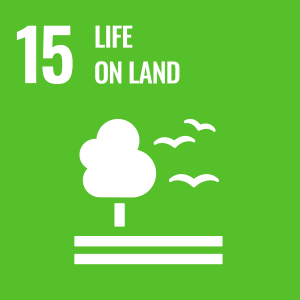12:30pm - 1:30pm GMT
Wednesday 4 December 2024
Thirty-first RECLAIM Webinar - UGPN Partnership - Influence of Vegetation on the CO2 Concentration & How Social Inequality and Systemic Racism Shape Urban Biodiversity and Green Infrastructure
Free
This event has passed
Agenda
| Time | Details |
|---|---|
| 12.30pm - 12:35pm | Welcome Professor Prashant Kumar and RECLAIM Team |
| 12.35pm - 12:55pm | How Social Inequality and Systemic Racism Shape Urban Biodiversity and Green Infrastructure: a Case Study from Durham, North Carolina Dr Madhusudan Katti, Director of Science, Technology, and Society and Associate Professor, Department of Forestry and Environmental Resources, North Carolina State University |
| 12.55pm - 1:15pm | Influence of Vegetation on the CO2 Concentration in the Metropolitan Region of São Paulo Dr Marco Aurélio de Menezes Franco, Assistant Professor, Department of Atmospheric Sciences, University of São Paulo |
| 1:15pm - 1:25pm | Q&A |
| 1.25pm - 1:30pm | Announcement of next webinar and close |

Dr Marco Aurélio de Menezes Franco
Assistant Professor, Department of Atmospheric Sciences, University of São Paulo
Biography
• Dr. Marco Aurélio Franco is an Assistant Professor in the Department of Atmospheric Sciences at the University of São Paulo (USP) and holds a PhD in Physics from USP. His research focuses on the atmospheric lifecycle of aerosols, greenhouse gases, and their relationship to land use, with work spanning tropical forests and urban environments. He has conducted research at the Max Planck Institute of Chemistry in Germany and completed postdoctoral studies in collaboration with the Research Centre for Greenhouse Gas Innovation, applying statistical modeling and machine learning to atmospheric science.

Dr Madhusudan Katti
Director of Science, Technology, and Society and Associate Professor, Department of Forestry and Environmental Resources, North Carolina State University
Biography
• Dr. Madhusudan Katti is Director of Science, Technology, and Society and Associate Professor in the Department of Forestry and Environmental Resources at North Carolina State University. He is the Editor-in-Chief of The Bulletin of the Ecological Society of America. His work centers Reconciliation Ecology—the application of evolutionary ecology to find real-world solutions for reconciling biodiversity conservation with human wellbeing. An ecologist by training, he engages local communities and broader publics in studying how human activities and histories of colonization and segregation shape the distribution of nature and biodiversity, especially in urban areas, in the context of global climate change.
Attend the webinar
This webinar will be held on Teams. Please register your place so you can attend.
Related sustainable development goals






